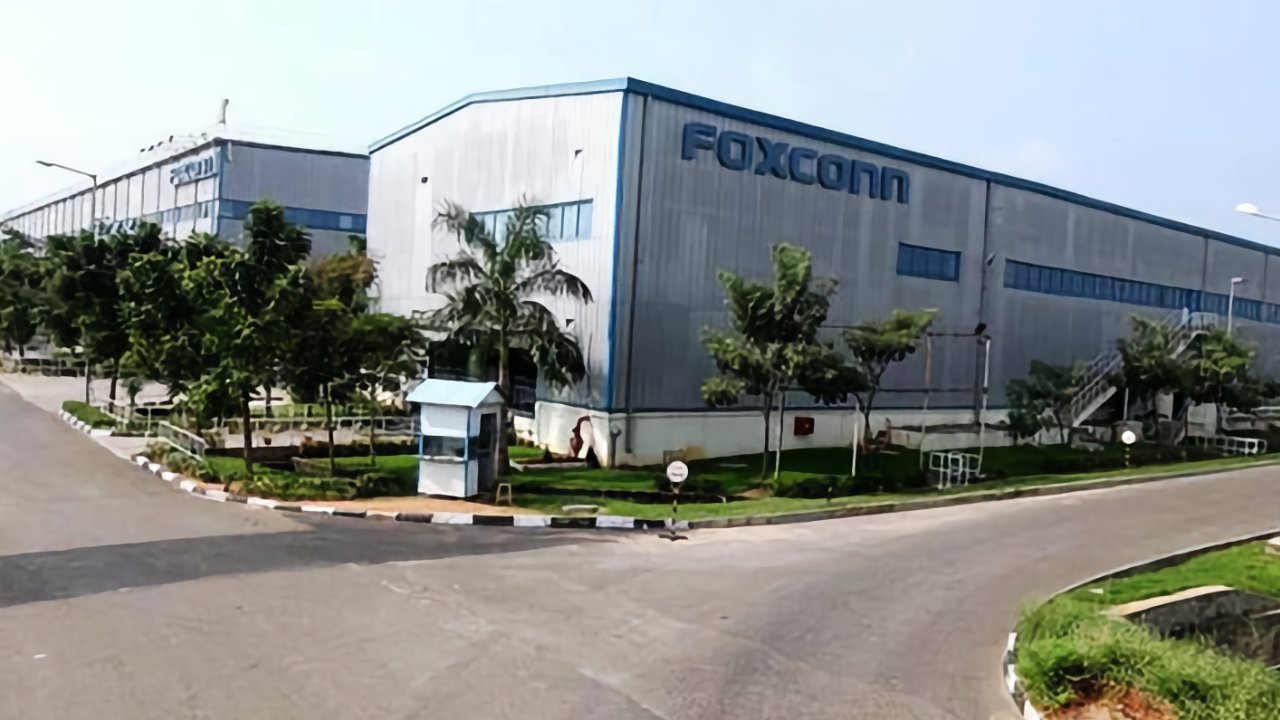Foxconn’s Role in Apple’s Expansion into India
In recent years, India has emerged as a significant player in the global technology manufacturing landscape, particularly with its ambitions to reduce reliance on imports. A crucial part of this strategy involves major tech companies like Apple, which are increasingly looking to establish and expand their manufacturing capabilities in the country. Central to this initiative is Foxconn, a key partner for Apple, whose facilities are set to play a pivotal role in this expansion.
India’s Import Restrictions on Technology Products
India’s government is actively pursuing policies aimed at sharply cutting imports of laptops and other personal computing devices. This move is designed to compel technology firms to ramp up local manufacturing efforts. The government had previously proposed similar restrictions last year, targeting imports of products like the MacBook Pro. However, following protests from Apple and other tech giants, the implementation of these measures was postponed.
According to reports from Reuters, the Indian government is planning to initiate consultations with manufacturers by the end of October 2024. This indicates a renewed commitment to enforcing policies that would require companies to bolster their local production capabilities.
Licensing and Compliance Challenges
As part of the new regulatory landscape, companies will need to obtain licenses to import products into India. These licenses are set to expire at the end of 2024, necessitating that firms reapply for approval under potentially new conditions. This regulatory shift is expected to face similar resistance as the previous attempt, as companies navigate the complexities of compliance while trying to maintain their market presence in India.
Sources within the government have indicated that they believe the industry has had ample time to adapt to the requirements aimed at enhancing domestic production. This sentiment reflects a growing confidence in India’s manufacturing capabilities and a desire to see tangible results from foreign investments.
Limited Policy Options and Quality Standards
One of the challenges facing the Indian government is the constraints imposed by global trade treaties, which limit the ability to impose tariffs on laptops and tablets. As a result, officials are exploring alternative policy options to restrict imports. A source familiar with the discussions noted, "We are working on such restrictions as global treaties stop us from any tariff action on laptops and tablets. It leaves us with few policy options to limit imports."
In addition to import restrictions, the government is considering implementing new minimum quality standards. This initiative aims to curb the influx of cheaper imports, particularly from China, which has dominated the market for personal and business technology products.
Apple’s Manufacturing Footprint in India
As India seeks to enhance its manufacturing capabilities, Apple is already making significant strides in expanding its production footprint in the country. Currently, Apple’s local manufacturing efforts are primarily focused on the iPhone, with plans to diversify into other product lines as the regulatory environment evolves.
The collaboration with Foxconn is particularly noteworthy, as the company is one of Apple’s largest manufacturing partners. Foxconn’s facilities in India are expected to not only increase the production capacity for Apple products but also contribute to the broader goal of establishing India as a manufacturing hub for technology.
The Future of Technology Manufacturing in India
India currently relies on imports for approximately two-thirds of its personal and business technology needs. The government’s push for local manufacturing is not just about reducing imports; it’s also about fostering a self-sufficient technology ecosystem that can compete on a global scale. As Apple and other tech companies navigate this evolving landscape, the outcome of these regulatory changes will significantly impact the future of technology manufacturing in India.
With Foxconn’s involvement and the Indian government’s commitment to boosting local production, the stage is set for a transformative era in the country’s technology sector. The interplay between regulatory measures, industry compliance, and global market dynamics will shape the trajectory of this ambitious initiative.
